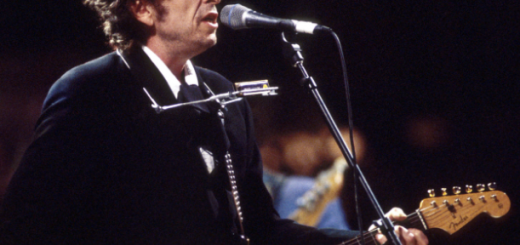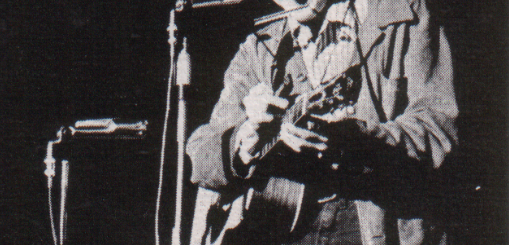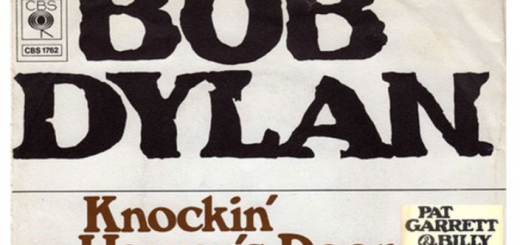Buckets of Rain by Bob Dylan Lyrics Meaning – Unveiling the Emotional Deluge in Dylan’s Heartfelt Ballad
Lyrics
Buckets of tears
Got all them buckets comin’ out of my ears
Buckets of moonbeams in my hand
You got all the love
Honey baby, I can stand
I’ve been meek
And hard like an oak
I’ve seen pretty people disappear like smoke
Friends will arrive, friends will disappear
If you want me
Honey baby, I’ll be here
I like your smile
And your fingertips
Like the way that you move your hips
I like the cool way you look at me
Everything about you is bringing me misery
Little red wagon
Little red bike
I ain’t no monkey but I know what I like
I like the way you love me strong and slow
I’m takin’ you with me
Honey baby, when I go
Life is sad
Life is a bust
All ya can do is do what you must
You do what you must do and ya do it well
I’ll do it for you
Honey baby, can’t you tell?
Buckets of Rain is much more than a simple melody adorned with harmonica and guitar; it’s a sincere confessional poured from the soul of Bob Dylan. Released as part of his 1975 album ‘Blood on the Tracks,’ which has long been dissected for its raw portrayal of love’s complexities, this song stands out as an intimate whisper in a thunderstorm of emotions, yet, its deceiving simplicity masks a profound exploration of love, loss, and endurance.
Navigating through the song’s deceptively simple verse and chorus structure, listeners find themselves amidst a torrential downpour of metaphor and romance. Every line, drenched in sincerity, seeks to explore and express the nuances of an intimate relationship, often leaving Dylan’s poetic prowess to stir hidden undercurrents of longing and reflection.
Unpacking the Showers of Sentiment
At its core, ‘Buckets of Rain’ appears to juxtapose the copiousness of rain and tears—natural, relentless, and purging. The buckets that come ‘comin’ out of my ears’ speaks to an abundance, a surplus of emotion that Dylan can hardly contain. The imagery of ‘buckets of moonbeams’ further intensifies this depiction of an overflow, aligning the celestial with the personal in a romantic, yet grounded expression of love’s capacity.
While the deluge represents an overwhelming downpour of feelings, the ‘buckets of tears’ touches on the sorrow and pain that love often brings. Nevertheless, the assurance that the beloved has ‘all the love honey baby, I can stand’ suggests a complex threshold; a love that’s sustaining, provided it doesn’t breach that critical levee—the human capacity to endure.
Solid as an Oak, Fleeting as Smoke: The Dichotomy of Resilience and Loss
Dylan’s self-characterization switches from being ‘meek’ to ‘hard like an oak,’ encapsulating the shifting natures required to navigate relationships. The oak, sturdy and resilient, symbolizes an unwavering presence. Yet, acknowledging that ‘pretty people disappear like smoke,’ there’s an acceptance of the transient nature of connections—fleeting, ephemeral, and ultimately beyond control.
This acceptance of temporality, however, is balanced with a promise—’If you want me, Honey baby, I’ll be here.’ It’s an anchor amidst the transient, a declaration of reliability when ‘friends will arrive, friends will disappear.’
The Allure of Movement: Dylan’s Ode to Intimate Gestures
Dylan doesn’t just tell us of his admiration, he shows us through evocative physical details—’your smile And your fingertips.’ Through the natural imagery of movement—the swaying of hips, the subtle hand gestures—Dylan captures a sensuality that’s both innocent and deeply compelling.
Yet, this appreciation is not without its torment: ‘Everything about you is bringing me misery.’ The paradoxical relationship between love’s beauty and the pain it can inflict is sharply crystallized in this line, leaving one to wonder if the joy of these details somehow intertwines with a darker underbelly of longing.
Decoding the Cryptic: Honey Baby and the Hidden Meanings
‘Little red wagon, Little red bike’—these lines might evoke childhood innocence and simplicity, but behind them lies a layer of intrigue. Dylan, the lyrical master of metaphor, conveys a message that behind the seemingly mundane lies a profound, often complicated truth about love.
‘I ain’t no monkey but I know what I like.’ Here’s Dylan dismissing any pretense of not understanding his desires. He might not have all the answers, but in matters of the heart, he is certain. The lyrics express his conclusive intent—’I’m takin’ you with me, Honey baby, when I go’—articulating a commitment that’s fraught with vulnerability yet brimming with determination.
The Philosophical Crescendo: Doing What You Must
In the concluding verse, ‘Life is sad, Life is a bust. All ya can do is do what you must’ Dylan reflects a stoic philosophy. It’s an acknowledgment of life’s inherent struggles but also a call to resilience, to doing what one must not just as obligation, but with a form of grace and dedication.
Dylan proposes a sort of existential imperative that extends to his love—’do it well.’ Whether it’s the act of living, loving, or leaving, there’s an innate drive to perform each sincerely and with effort. ‘I’ll do it for you, Honey baby, can’t you tell?’ isn’t merely a rhetorical question; it’s a testament to the unseen labors of love, the unspoken dedication that endures, even when the buckets overflow.








